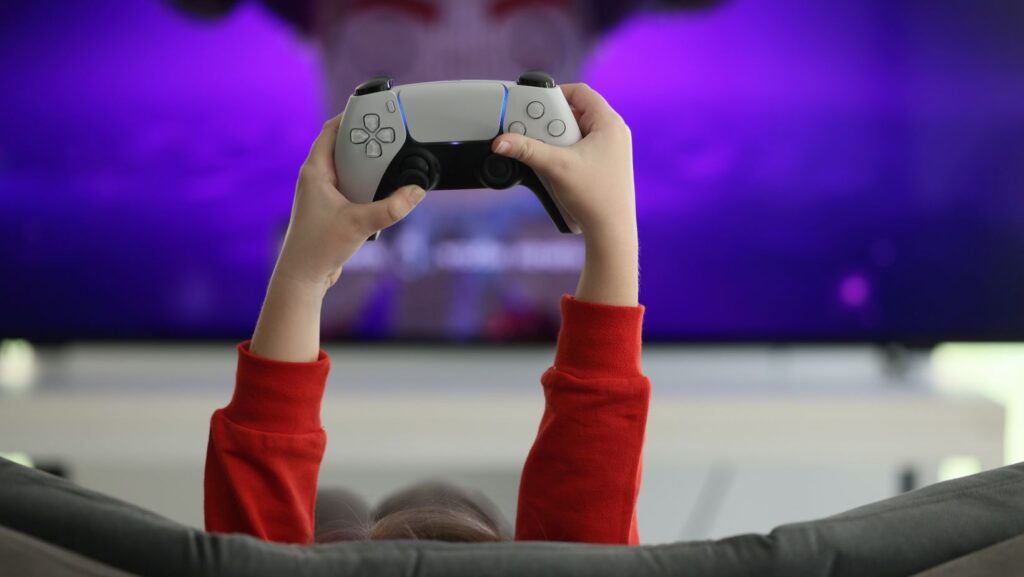In a surprising turn of events, the gaming world is abuzz with whispers that Xbox may be stepping away from producing more consoles. This news has sent shockwaves through the community, as gamers and industry insiders alike ponder the implications of such a move. With a history steeped in innovation and fierce competition with rivals, Xbox’s potential pivot away from hardware marks a significant moment in gaming history.
Xbox No More Consoles
The Announcement Impact
The potential cessation of Xbox console production sent shockwaves through the gaming world. Gamers and enthusiasts, anticipating future iterations of the Xbox console, found themselves facing a paradigm shift. This announcement, speculative yet impactful, indicates a significant pivot toward cloud gaming and digital platforms, marking a potential end to traditional console cycles. It suggests a transformative approach to gaming, where access and playability across various devices become paramount, diminishing the dependency on hardware.
The Industry’s Reaction
 The gaming industry’s response to the possibility of Xbox no more consoles was a mixture of surprise and contemplation. Developers, publishers, and rival console makers are now reassessing their strategies in light of a potential industry-wide move towards service-based gaming models. Companies like Sony and Nintendo, recognized for their hardware offerings, might explore enhanced digital services or innovative hardware solutions to maintain competitiveness. Meanwhile, game developers might shift focus towards creating more cloud-friendly titles, prioritizing accessibility across devices over high-end, console-specific features. The broad implication is a likely acceleration in cloud gaming investments and partnerships, as industry players seek to adapt to a rapidly evolving digital landscape.
The gaming industry’s response to the possibility of Xbox no more consoles was a mixture of surprise and contemplation. Developers, publishers, and rival console makers are now reassessing their strategies in light of a potential industry-wide move towards service-based gaming models. Companies like Sony and Nintendo, recognized for their hardware offerings, might explore enhanced digital services or innovative hardware solutions to maintain competitiveness. Meanwhile, game developers might shift focus towards creating more cloud-friendly titles, prioritizing accessibility across devices over high-end, console-specific features. The broad implication is a likely acceleration in cloud gaming investments and partnerships, as industry players seek to adapt to a rapidly evolving digital landscape.
Analyzing the Reasons Behind the Decision
The decision to potentially end Xbox console production reflects a strategic pivot towards cloud gaming and digital platforms. This move acknowledges the changing landscape of gaming, where physical consoles may no longer dictate the market’s direction. With advancements in cloud technology and increased broadband penetration, gamers can access titles across devices without needing a console. Xbox’s transition aligns with a broader industry trend emphasizing service-based models, suggesting a future where gaming is more accessible and less hardware-dependent.
The Impact on Gamers and the Market
 The potential end of Xbox console production has significant implications for gamers and the broader market. Gamers, accustomed to traditional console cycles, might face a transition period. They’ll adapt to cloud gaming, where access and connectivity become more crucial than owning the latest hardware. This shift encourages gaming on a variety of devices, extending beyond the living room to mobile and portable platforms. For the market, the strategy of Xbox no more consoles signals a pivot toward service-based models. Competition intensifies among cloud services, pushing companies like Sony and Nintendo to innovate or expand digital offerings. This transformation also opens new revenue streams for developers through subscriptions and digital sales, aligning with consumer trends towards digital consumption. The industry’s evolution toward digital and cloud-based services, thus, reflects a broader shift in how entertainment is delivered and consumed, marking a new era for gaming ecosystems.
The potential end of Xbox console production has significant implications for gamers and the broader market. Gamers, accustomed to traditional console cycles, might face a transition period. They’ll adapt to cloud gaming, where access and connectivity become more crucial than owning the latest hardware. This shift encourages gaming on a variety of devices, extending beyond the living room to mobile and portable platforms. For the market, the strategy of Xbox no more consoles signals a pivot toward service-based models. Competition intensifies among cloud services, pushing companies like Sony and Nintendo to innovate or expand digital offerings. This transformation also opens new revenue streams for developers through subscriptions and digital sales, aligning with consumer trends towards digital consumption. The industry’s evolution toward digital and cloud-based services, thus, reflects a broader shift in how entertainment is delivered and consumed, marking a new era for gaming ecosystems.
Alternatives to Traditional Xbox Consoles
Following the announcement regarding Xbox moving away from traditional console production, gamers and developers alike are exploring alternatives to continue enjoying their favorite titles. This shift underlines a significant move towards cloud gaming and digital platforms, ensuring that the essence of Xbox gaming remains alive without the physical console.
- Cloud Gaming Services: Services like Xbox Cloud Gaming (formerly known as Project xCloud) offer players access to a wide range of Xbox titles on various devices, including smartphones, tablets, and PCs. This seamless transition ensures that gamers can enjoy their games anywhere, as long as they have a stable internet connection.
- PC Gaming: With Microsoft’s Windows operating systems already a staple in PC gaming, the integration of Xbox services and games on PCs provides a natural alternative for console gamers. Players can access Xbox Game Pass for PC, enabling them to play high-quality Xbox games directly on their computers.
- Mobile Gaming: The rise of powerful smartphones and tablets opens new avenues for Xbox games. Mobile platforms are becoming increasingly popular for gaming, with some Xbox titles already available on these devices through cloud gaming services.

